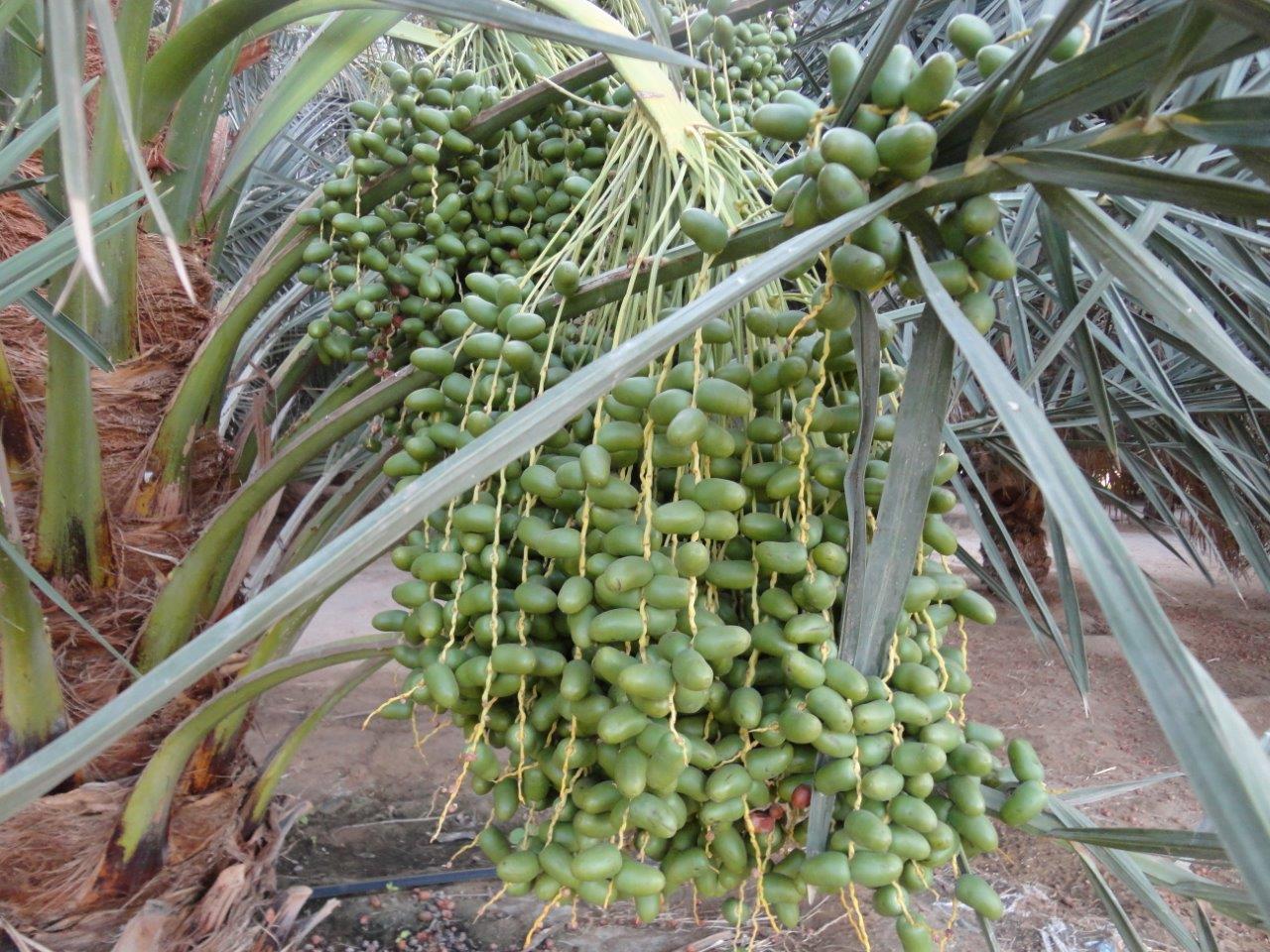Search
Main menu
- Home
- About us
- Online courses
- Tibb-e-Nabawi diet
- Diseases & Remedies
- Healing by Yaqeen
- Healing by Saalehaat
- Dua for Fear & Insomnia
- Dua for Extinguishing FIRE
- Fatihah even for Non-Muslims
- Ruqyah for General Sickness
- Ruqyah for Namlah (Sores)
- Ruqyah for Pains
- Ruqyah for Scorpion's Sting
- Ruqyah for Ulcers
- قُرْآنٌ / Quran
- فاتــحــة الكــتاب / Fatihah-al-Kitaab
- Sadaqah ~ Charity
- Salaat / Prayer
- Saum / FAST
- Healing by Hijaab
- Healing by Foods
- General Principles
- Zabeehah Rules
- The Healing Beverages / Drinks
- Foods ~ From Alif ( أ ) to Baa ( ب )
- Foods ~ From Taa ( ت ) to Raa ( ر )
- Foods ~ From Zaa ( ز ) to Ain ( ع )
- زبـــد / Zubd / Butter
- زنـــجبـــيل Zanjabeel / Ginger
- زَيْتٌ / Zait / Olive Oil
- ســـفرجـــل / Safarjal / Quince
- سِلـق / Silq (Beetroot)
- ســـمــك / Samak (Fish)
- سَمْن / Sam'n / Ghee
- شـــحـم / Sha'hm / FAT
- حنــيذ / شواء / Shiwaa' ~ Haneez
- طــلـــح / Tal'h / Bananas
- عـــدس / Adas (Lentils)
- عــســل / Honey
- عــنب / Enub / Grapes & Zabeeb
- Foods ~ From Qaaf ( ق ) to Yaa ( ى )
- Healing by Herbs
- Healing by Hijamah
- Prophet's Guidance
- Modern ailments
- Formulations
- Recipes
- Blessed Foods / Drinks
- Breakfasts
- Barley Soups
- BARLEY Cakes
- Cottage Cheese / Yogurt recipes
- Fish, Meat & Poultry
- Fruit Ice Creams
- Hais ~Kalaqand / Halwah recipes
- Pickles, Chutneys & Molasses
- Veggies / Lentils / Rice in Olive Oil
- Beetroot Pulao
- Camel's Qeema Pulao
- Red cabbage Pulao
- Bell Peppers in Olive Oil
- Bell Peppers stuffed with Kebabs
- Bitter Gourd in Olive Oil
- Black eyed peas with Beetroot
- Cauliflower in Olive Oil
- Oven Baked Vegetables
- SAAG with Olive Oil
- Sweet Potato Cutlets
- Sweet Potatoes in Olive Oil
- White Beans with Spinach
- Camel's meat Pulao with Red Rice
- Cooking with Olive Oil
- Halal Vinegar Technology
اللَّهُمَّ قَنِّعْنِي بِمَا رَزَقْتَني، وبَارِكْ لي فيهِ، واخلِفْ عَلىَّ كُلَّ غَائِبةٍ لي بِخَيْرٍ رَبِّ اغْفِرْ وارْحمْ أنتَ الأعَزُّ الأكْرَمُ
Busr (Green Dates)
بسر: ثبت في الصحيح أن أبا الهيثم بن التيهان لما ضافه النبي صلى الله عليه وسلم وأبو بكر وعمر رضي الله عنهما، جاءهم بعذق وهو من النخلة كالعنقود من العنب فقال له: "هلا انتقيت لنا من رطبه فقال : أحببت أن تنتقوا من بسره ورطبه" البسر: حار يابس، ويبسه أكثر من حره، ينشف الرطوبة، ويدبغ المعدة، ويحبس البطن، وينفع اللثة والفم، وأنفعه ما كان هشًا وحلوًا، وكثرة أكله وأكل البلح يحدث السدد في الأحشاء
Ibn Al-Qayyim wrote: (Unripe Dates - Busr): It is recorded in Sahih that when Abu al-Haytham ibn al-Tayhan hosted Prophet Muhammad صلى الله عليه وسلم along with Abu Bakr and Umar (may Allah be pleased with them), he brought them a cluster (a bunch from the palm tree similar to a grape cluster). Prophet Muhammad صلى الله عليه وسلم said to him: "Why didn't you choose ripe dates for us?" He replied: "I wanted you to choose from the unripe and the ripe dates."
Busr (unripe dates) is hot and dry, with its dryness being more pronounced than its heat. It absorbs moisture, strengthens the stomach, prevents diarrhea, and is beneficial for the gums and mouth. The most beneficial are those that are soft and sweet. However, consuming too much of it or fresh dates can cause blockages in the intestines.
Ibn al-Baytaar wrote: Busr (Unripe Dates):
In regions where the heat is not very strong, Busr (unripe dates) does not ripen fully and does not turn into properly mature Rutab (soft, ripe dates). Because of this, it cannot be dried in the sun and stored. People in these areas are forced to consume Busr until it is all gone, which fills their bodies with raw, unprocessed humors. This leads to chills and shivering, in addition to causing blockages in their livers.
Ibn Masawayh: Busr is hot in the first degree and dry in the second. Its sweetness indicates its heat, while its bitterness and tanning effect show its dryness. Because of this, it is beneficial for the gums and stomach, strengthens digestion, and can cause constipation. However, it may also produce abdominal rumbling, gas, and bloating, especially if water is drunk after consuming it. The preferred Busr is the soft, sweet variety, as it does not stay in the stomach for long. When its juice is sucked and the pulp discarded, it is better than eating the pulp itself.

 Online Guests
Online Guests
We have 272 guests and no members online

